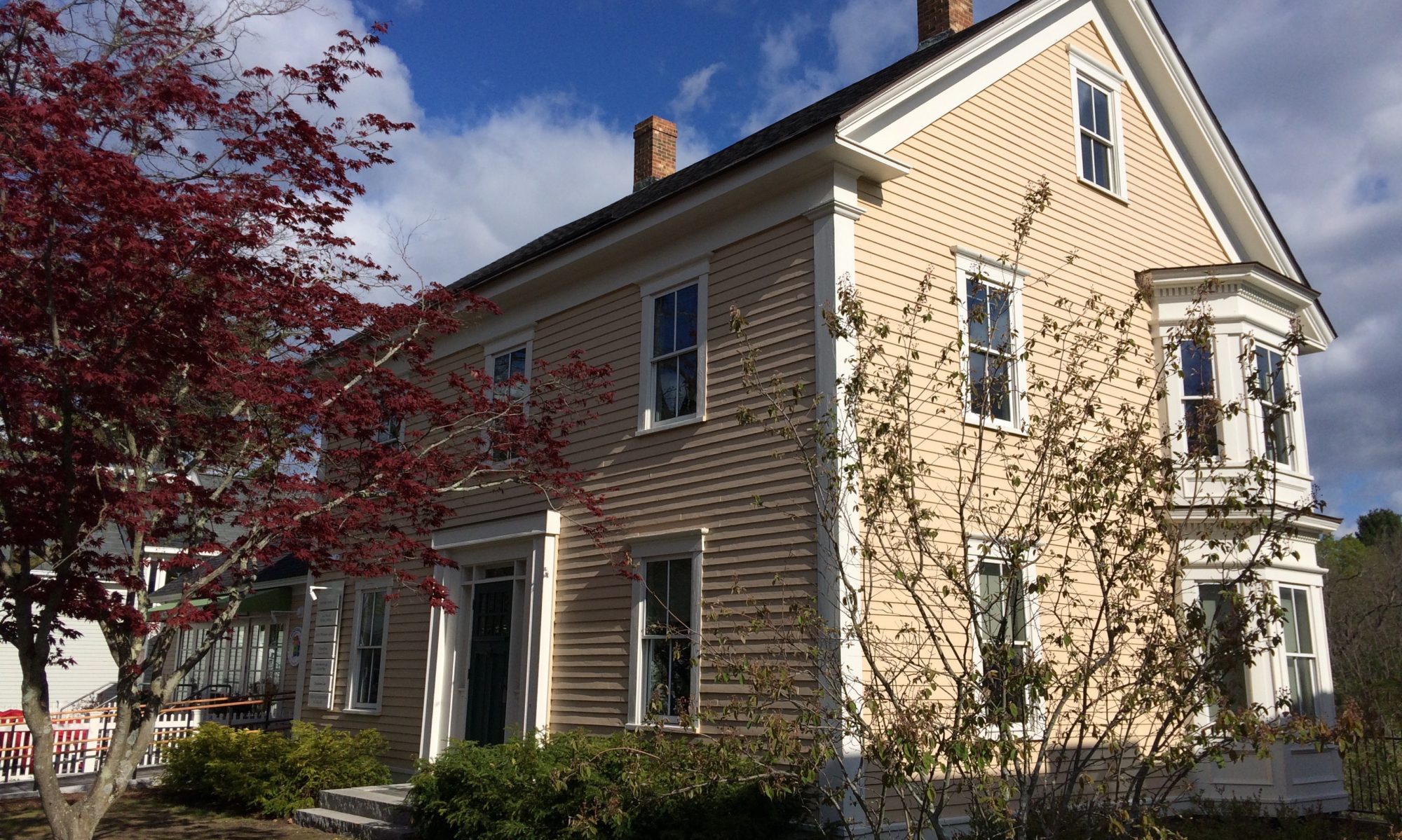All modern patent statutes are derived from the Venetian Patent Act of 1474.
![]()
When studying or criticizing patent law, it is often easy to not see the forest for the trees. Certainly the US has killed a forest of trees in the form of patent laws, patent rules, and patent procedures.
But US patent law comes from 32 simple words in the Constitution[1], which states:
The Congress shall have Power To … promote the Progress of Science and useful Arts, by securing for limited Times to Authors and Inventors the exclusive Right to their respective Writings and Discoveries.
My students at the University of Maine School of Law will appreciate these 32 words, as I start each Patent Law 101 class by reading them.
Now compare the US Constitution to the Venetian Patent Statute of 1474[2], enacted 1474-03-19, which states:
WE HAVE among us men of great genius, apt to invent and discover ingenious devices; and in view of the grandeur and virtue of our City, more such men come to us from divers parts. Now if provision were made for the works and devices discovered by such persons, so that others who may see them could not build them and take the inventor’s honor away, more men would then apply their genius, would discover, and would build devices of great utility and benefit to our Commonwealth.
Therefore:
BE IT ENACTED that, by the authority of this Council, every person who shall build any new and ingenious device in this City, not previously made in this Commonwealth, shall give notice of it to the office of our General Welfare Board when it has been reduced to perfection so that it can be used and operated. It being forbidden to every other person in any of our territories and towns to make any further device conforming with and similar to said one, without the consent and license of the author, for the term of 10 years. And if anybody builds it in violation hereof, the aforesaid author and inventor shall be entitled to have him summoned before any magistrate of this City, by which Magistrate the said infringer shall be constrained to pay him [one] hundred ducats; and the device shall be destroyed at once. It being, however, within the power and discretion of the Government, in its activities, to take and use any such device and instrument, with this condition however that no one but the author shall operate it.
I love the 1474 Venetian Statute for its simplicity, its grandeur, and its ideals. I think I am going to frame the 1474 statute and put in on my wall to remind me of the goals of our patent laws: to enrich our society by encouraging smart people to come here and share their genius with us.
The 1474 statute’s quid pro quo is the right to exclude, and the public benefit from the patent disclosure is supposed to justify what Jefferson, in 1813, called “the embarrassment of an exclusive patent.” The Jefferson patent quote[3], in context, is more interesting:
In some other countries it is sometimes done, in a great case, and by a special and personal act, but, generally speaking, other nations have thought that these monopolies produce more embarrassment than advantage to society; and it may be observed that the nations which refuse monopolies of invention, are as fruitful as England in new and useful devices.
Considering the exclusive right to invention as given not of natural right, but for the benefit of society, I know well the difficulty of drawing a line between the things which are worth to the public the embarrassment of an exclusive patent, and those which are not. As a member of the patent board for several years, while the law authorized a board to grant or refuse patents, I saw with what slow progress a system of general rules could be matured.
Jefferson does not appear to be saying that a country without patents cannot thrive, but he does appear to be focusing on making sure that there is a benefit to society in exchange for the patent grant, as there was in Venice in 1474.
Which brings us to a 1958 study by economist Fritz Machlup[4], who concluded:
[i]f we did not have a patent system, it would be irresponsible, on the basis of our present knowledge of its economic consequences, to recommend instituting one. But since we have had a patent system for a long time, it would be irresponsible, on the basis of our present knowledge, to recommend abolishing it.
So much of the action (or inaction) by courts appears to be based on the notion of maintaining the patent status quo. For example, the Supreme Court’s 2010 Bilski decision re software patents changed little. Courts, in general, do not like to rock the boat. But Congress periodically does. Perhaps this is why Congress is on the verge of passing “patent reform” for the first time since 1999. I suggest that any “reform” should look to the Constitution, and to the historic 1474 Venetian Patent Statute, to understand why we have a patent system in the first place: namely, to benefit this City, this Commonwealth, this Country.
Notes
1. United States Constitution, Article 1, Section 8, Clause 8.
2. Guilio Mandich, Venetian Patents (1450-1550), 30 Journal of the Patent Office Society 166, 176-77 (1948).
3. Thomas Jefferson to Isaac McPherson, Writings 13:333–35 (13 Aug. 1813) (emphasis added).
4. An Economic Review of the Patent System: Study of the Subcommittee on Patents, Trademarks, and Copyrights of the Committee on the Judiciary, U.S. Senate, Study No. 15, 85th Cong. 80 (1958).
Erik J. Heels is an MIT engineer; trademark, domain name, and patent lawyer; Red Sox fan; and music lover. He blogs about technology, law, baseball, and rock ‘n’ roll at erikjheels.com.


